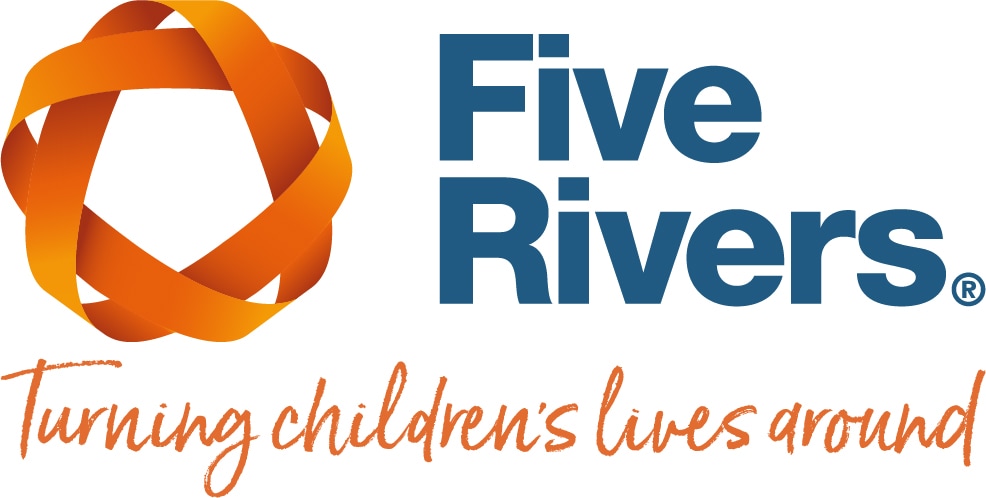Five Rivers responds to recent reports on the dramatic increase in looked after children in hospital beds rather than specialist care
Exacerbated by the pandemic, we know there are great strains across our care system. The consequence is that children have been living out of sight, in neglectful environments for too long.
Reports this week disclose a sharp rise in medical beds occupied by looked after children or by those at risk in their homes and communities. The root of this problem lies in a lack of adequate assessment and provision early on.
Children coming into care need to be adequately assessed to find suitable homes that meet their psychological needs. Care providers looking after children who have suffered severe adversity need to be trained in and able to offer access to the right psychological support to address the altered states in children’s minds and bodies.
The foster carers and residential home staff looking after them need to be highly trained, supervised and supported by psychological practitioners to ensure they can ‘stay alongside’ the children and young people as their nervous systems gradually calm.
Many of the children we’re seeing coming into care have been left in incubators of chronic, toxic stress. Where children have experienced physical or emotional neglect and abuse, we see psycho-biological changes which adversely impact their mental and physical health.
Long-term exposure to these environments create survival responses in children. These are often experienced by others as challenging, emotional behaviours that can be confusing and difficult to manage, to the point where Accident and Emergency hospitalisation can seem like the only viable option.
These reports break at a time where we have a projected shortfall of 25,000 foster carers by 2025 and a residential recruitment crisis. We need to rebuild a social care system that is non-judgemental, psychologically informed, and holistic in its understanding and approach to looked after children.
The key to unlocking some of this is early, intensive, psychologically informed work with vulnerable families. This will help to triage any emerging mental health needs and provide support to children and families that are struggling.
This is noted in the British Medical Journal “The prevalence of ‘toxic stress’ and huge downstream consequences in disease, suffering, and financial costs make prevention and early intervention crucial.” (BMJ 2020;371:m3048)
Evidence is beginning to illuminate some of the factors involved, which is why we provide supportive, evidence-based, psychological interventions at Five Rivers Child Care. Parent child conflict, for example, can explain 35% of the relationship between childhood adversity and late adolescent externalising of problems. It also accounted for 42% of the relationship between childhood adversity and internalising of problems (Healy, 2021).
 What we’re seeing reported here is the tip of the iceberg. Left unchanged, the profound consequences of this will be long felt by these young people sitting in hospital beds today waiting for a safe place to call home.
What we’re seeing reported here is the tip of the iceberg. Left unchanged, the profound consequences of this will be long felt by these young people sitting in hospital beds today waiting for a safe place to call home.
Healy, C., Eaton, A., Cotter, I., Carter, E., Dhondt, N., & Cannon, M. (2021).
Mediators of the longitudinal relationship between childhood adversity and late adolescent psychopathology. Psychological Medicine, 1-9. doi:10.1017/S0033291721000477
For more information on foster care visit www.five-rivers.org.
